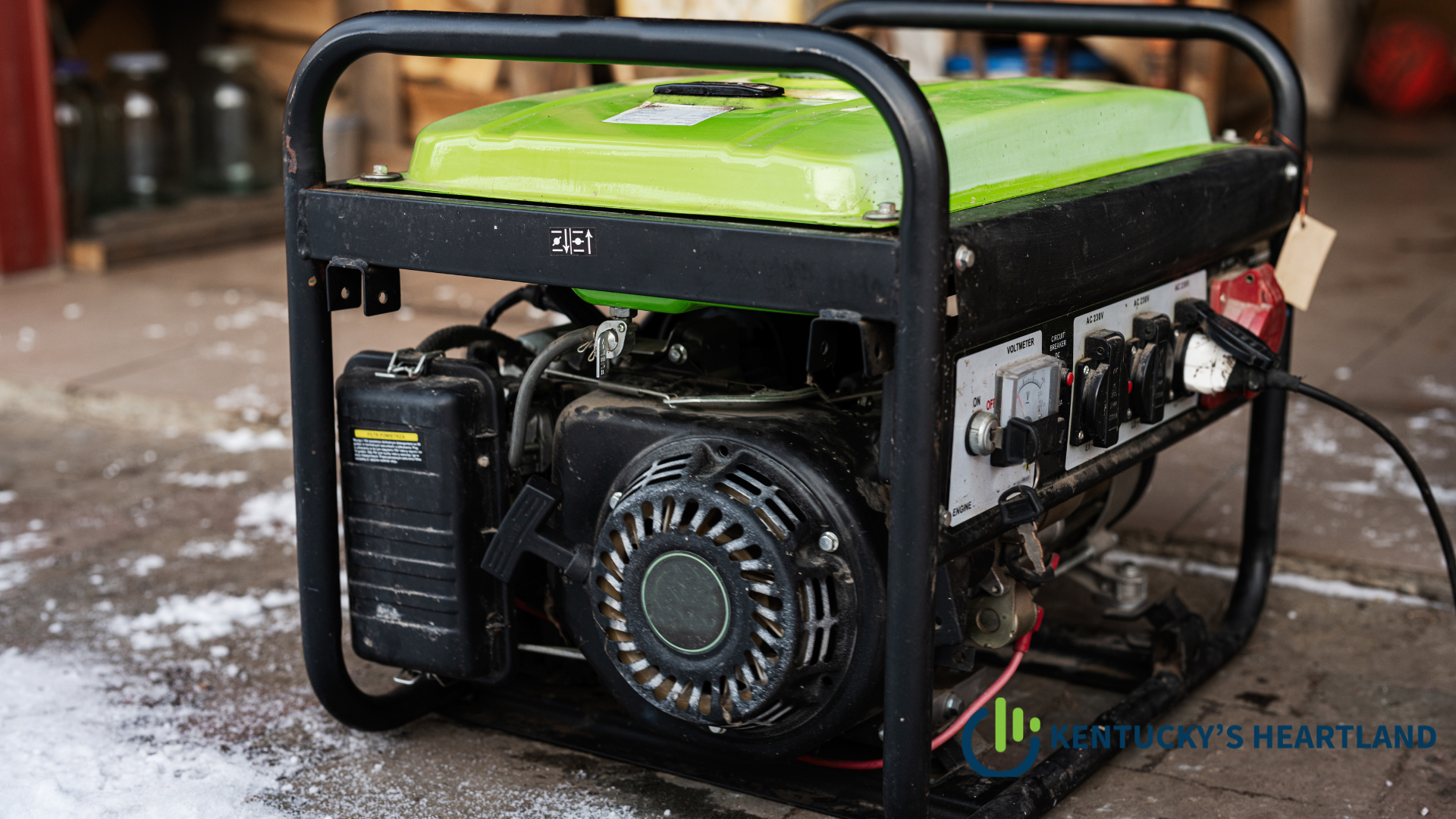Winter storms can bring more than just snow and ice—they often lead to power outages that can leave homes cold and dark for hours or even days. A generator can be a lifesaver in these situations, keeping your essential appliances running and your home warm. However, using a generator improperly can pose serious risks. Here’s a guide to safe generator use during a winter storm.
Why Generator Safety Matters
Generators can produce deadly carbon monoxide (CO), an odorless and invisible gas, if not used correctly. Additionally, improper operation can lead to electrical hazards, fires, or damage to your home’s appliances. Staying informed is the first step in preventing accidents and ensuring your generator operates effectively.
Generator Safety Checklist
- Choose the Right Location
- Always operate your generator outdoors, at least 20 feet away from your home, with the exhaust pointed away from doors, windows, and vents.
- Never run a generator in a garage, basement, or enclosed space, even with doors or windows open.
- Install CO Detectors
- Place carbon monoxide detectors throughout your home, especially near sleeping areas, to alert you to unsafe CO levels.
- Use the Right Fuel
- Check your generator’s manual to ensure you’re using the correct fuel type.
- Store fuel in approved, labeled containers, and keep it in a well-ventilated area, away from heat sources.
- Never refuel a generator while it’s running or still hot—wait until it cools down.
- Prevent Overloading
- Prioritize which appliances you need to power and calculate their combined wattage.
- Avoid plugging too many devices into the generator to prevent overloading, which could cause a fire or damage the generator.
- Use the Right Cords
- Use heavy-duty extension cords rated for outdoor use with three-pronged plugs to ground the connection.
- Check cords for any damage or fraying before use.
- Avoid Backfeeding
- Never plug your generator directly into a wall outlet. This practice, called backfeeding, can send electricity through the power lines, endangering utility workers and others.
- Instead, connect your generator to your home using a transfer switch installed by a qualified electrician.






